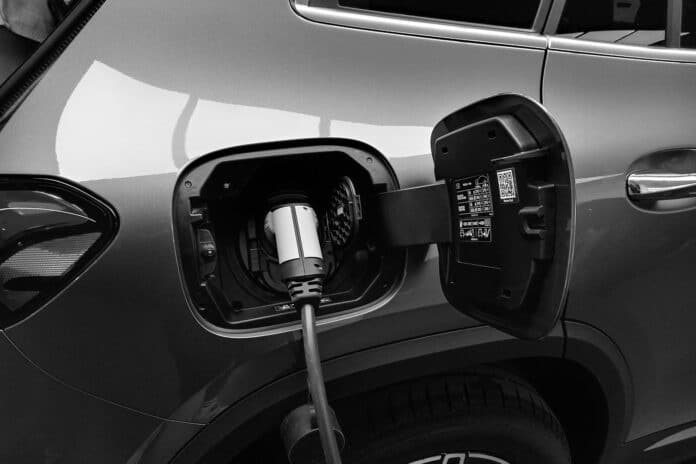With the proliferation of electric vehicles (EV), EV charging costs will become an integral part of household energy costs. A new study by researchers at the University of South Australia (UniSA) shows that households with solar panels and batteries have a huge advantage when it comes to saving money on electric vehicles.
Engineers have calculated that EV owners can reduce annual electricity costs by almost 40% if households are not totally reliant on the grid and they charge at home during off-peak periods. EV owners mostly concern about charging costs, one of the main obstacles in opting for an environmentally-friendly vehicle.
“Electric vehicles will become an important component of household energy consumption globally under plans to replace petrol-fuelled cars within the next decade,” Prof Aziz says. “For motorists with private car spaces, home charging is the most convenient option, but for those still totally reliant on the electricity grid for their energy, the costs could mount significantly.”
Record-low prices for rooftop photovoltaic (PV) systems and declining battery costs are encouraging households to go green, but consumers need to factor in multiple variables, researchers say.
The researchers compared several household scenarios for their study, considering EV charging demand, PV solar panel installation cost, battery degradation, and export power limits. Researchers analyzed annual energy costs for households with petrol-based cars and EVs based on typical household energy consumption (17 kW/day in SA) and motorists’ average daily travel distance (36.7km in AU). They also analyzed energy consumption during peak periods, between 5 pm-9 pm.
“In a basic case, all energy is imported from the grid where there are no solar panels, batteries or electric vehicles,” Prof Aziz says. “When solar panels are added, about 20% less energy is imported, and with batteries, this is reduced by around 83%. When electric vehicles are added, consumed energy rises significantly, but imported energy can be reduced by around 89% of total consumption.”
“Our results demonstrate that households with petrol-based cars can reduce their annual energy costs by 6.71% using solar panels and by 10.28% with the addition of a battery system. Replacing petrol-based cars with electric vehicles can reduce annual energy costs by 24% and 32%, respectively. The most significant reduction (39.6%) can be achieved with off-peak charging.”
The research team is currently investigating cost-effective EV charging strategies for larger groups such as residential communities and university campuses while minimizing the impact on the power grid and distribution feeders.
Journal reference:
- Yan Wu, Syed Mahfuzul Aziz, Mohammed H. Haque. Techno-economic modelling for energy cost optimisation of households with electric vehicles and renewable sources under export limits. Renewable Energy, 2022; DOI: 10.1016/j.renene.2022.08.066
